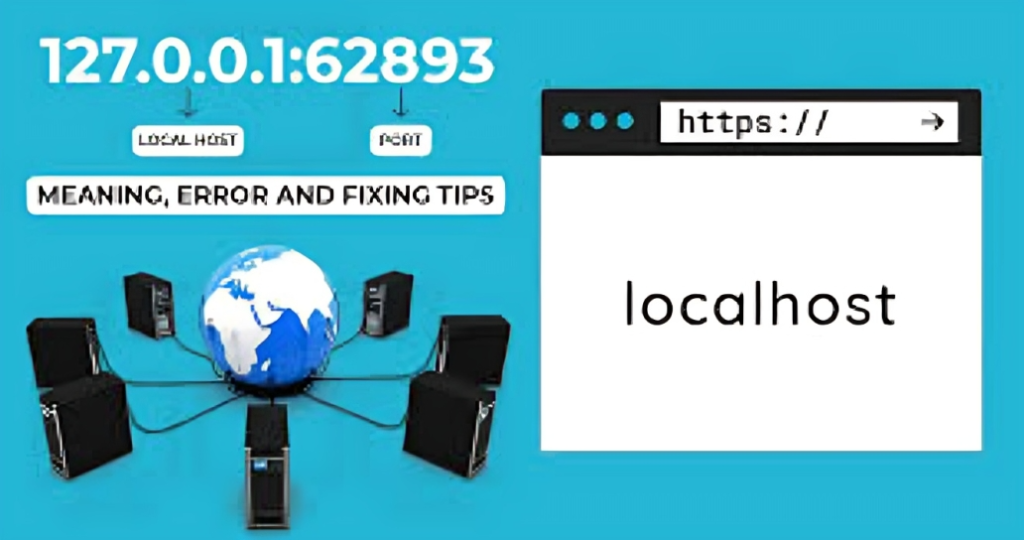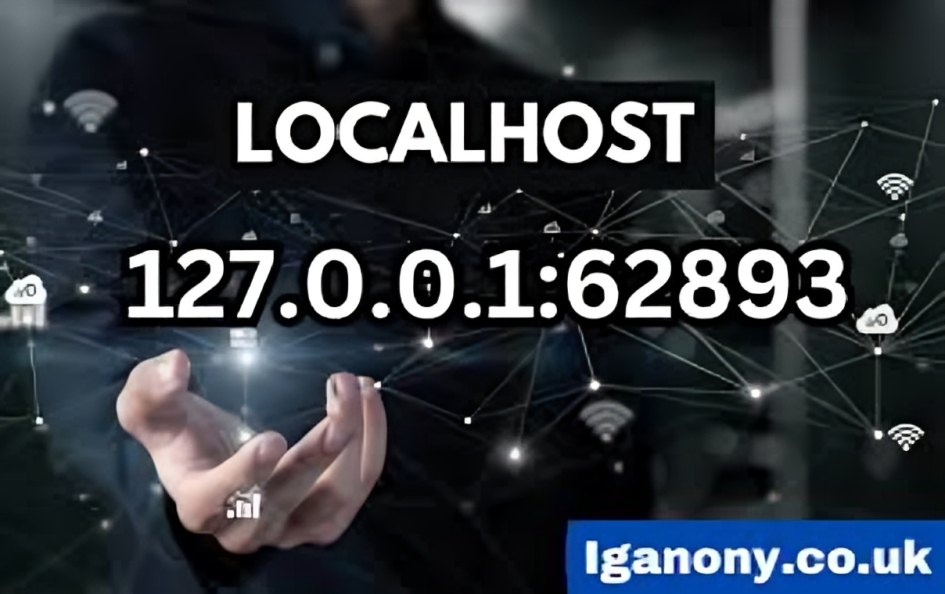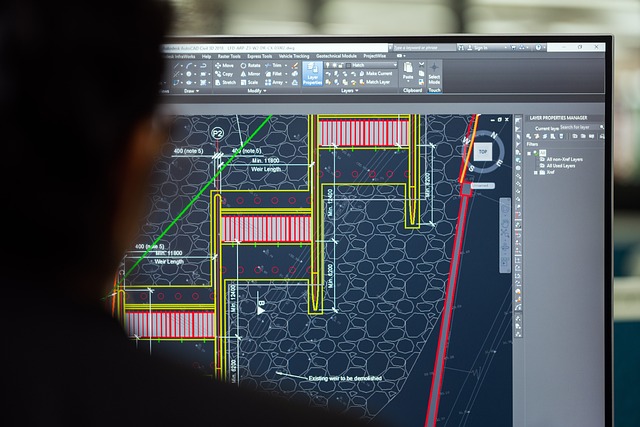In the labyrinthine world of computer networking, the seemingly cryptic combination of numbers, such as “127.0.0.1:62893,” can evoke curiosity and confusion in equal measure. Yet, behind this enigmatic string lies a fundamental concept crucial to understanding how computers communicate locally and across the internet. In this comprehensive guide, we delve deep into the intricacies of “127.0.0.1:62893,” demystifying its significance, unraveling its secrets, and exploring its role in the vast landscape of networking protocols and technologies.
Understanding IP Addresses

To comprehend the significance of “127.0.0.1:62893,” we must first grasp the concept of IP addresses. An IP (Internet Protocol) address serves as a unique identifier assigned to each device connected to a network. It enables devices to locate and communicate with each other across the internet or a local network. The most commonly used version of IP addresses is IPv4, which consists of a 32-bit numerical label expressed in a dotted-decimal format, such as “127.0.0.1.”
Localhost and Loopback Address
The IP address “127.0.0.1” holds special significance as it refers to the localhost or loopback address. This address allows a device to communicate with itself, enabling testing and debugging of network programs without external network access. When a device sends data to 127.0.0.1, it loops back to the same device without traversing any external network infrastructure. This loopback mechanism is crucial for various network applications, especially during development and testing phases.
Port Numbers
In addition to IP addresses, network communication relies on port numbers to designate specific communication endpoints within a device. A port number serves as an identifier for a particular process or service running on a device. The range of port numbers extends from 0 to 65535, with certain ranges reserved for specific purposes. Ports below 1024 are well-known ports assigned to commonly used services such as HTTP (port 80) and HTTPS (port 443), while ports above 1024 are dynamically assigned for temporary use.
The Mystery of “127.0.0.1:62893”
Now, let’s decode the mystery behind “127.0.0.1:62893.” The IP address “127.0.0.1” signifies the localhost or loopback address, indicating that the communication is intended for the local device. The port number “62893” represents a specific communication endpoint or process running on the local device. This combination denotes a communication channel established between a program or service on the local device and another entity within the same device.
Applications and Use Cases
Understanding “127.0.0.1:62893” is essential for various applications and use cases across different domains:
- Development and Testing: Software developers often use localhost addresses and custom port numbers during the development and testing of network applications. By utilizing “127.0.0.1:62893” or similar addresses, developers can simulate network interactions within the same device, facilitating rapid prototyping and debugging.
- Containerization and Virtualization: In containerized and virtualized environments, localhost addresses play a crucial role in enabling communication between different components running within isolated environments. Port numbers help route traffic to specific containers or virtual machines, ensuring seamless interaction between microservices and applications.
- Networking Protocols: Network protocols such as TCP/IP and UDP rely on IP addresses and port numbers to establish communication channels between devices. Understanding the significance of “127.0.0.1:62893” enhances comprehension of networking protocols and facilitates troubleshooting and optimization of network configurations.
- Security and Firewall Configuration: Administrators often configure firewalls and security policies based on IP addresses and port numbers to control network traffic and protect against unauthorized access. Proper understanding of localhost addresses and port numbers is crucial for configuring firewall rules and implementing network security measures effectively.
FAQs
What does “127.0.0.1:62893” mean?
“127.0.0.1” refers to the localhost or loopback address, enabling communication within the same device. “62893” is a port number, designating a specific communication endpoint or process within the device.
Why is “127.0.0.1” significant?
“127.0.0.1” is crucial as it allows devices to communicate with themselves, facilitating testing and debugging of network programs without external network access.
What are port numbers, and why are they important?
Port numbers serve as identifiers for specific processes or services running on a device. They are crucial for routing data to the intended applications within a device and enable multiple services to operate concurrently.
How is “127.0.0.1:62893” used in development and testing?
Developers utilize addresses like “127.0.0.1:62893” to simulate network interactions within the same device during the development and testing of network applications. This allows for rapid prototyping and debugging.
In what other scenarios is understanding “127.0.0.1:62893” essential?
Understanding “127.0.0.1:62893” is crucial in containerization, virtualization, networking protocols, and security configurations. It facilitates communication between components in isolated environments, enhances comprehension of network protocols, and aids in configuring firewall rules effectively.
Conclusion
“127.0.0.1:62893” represents more than just a sequence of numbers; it embodies the fundamental principles of network communication and serves as a cornerstone in the realm of computer networking. By demystifying this enigmatic combination, we gain insights into the inner workings of local network communication, empowering developers, administrators, and enthusiasts to navigate the complexities of modern networking technologies with confidence and clarity.



